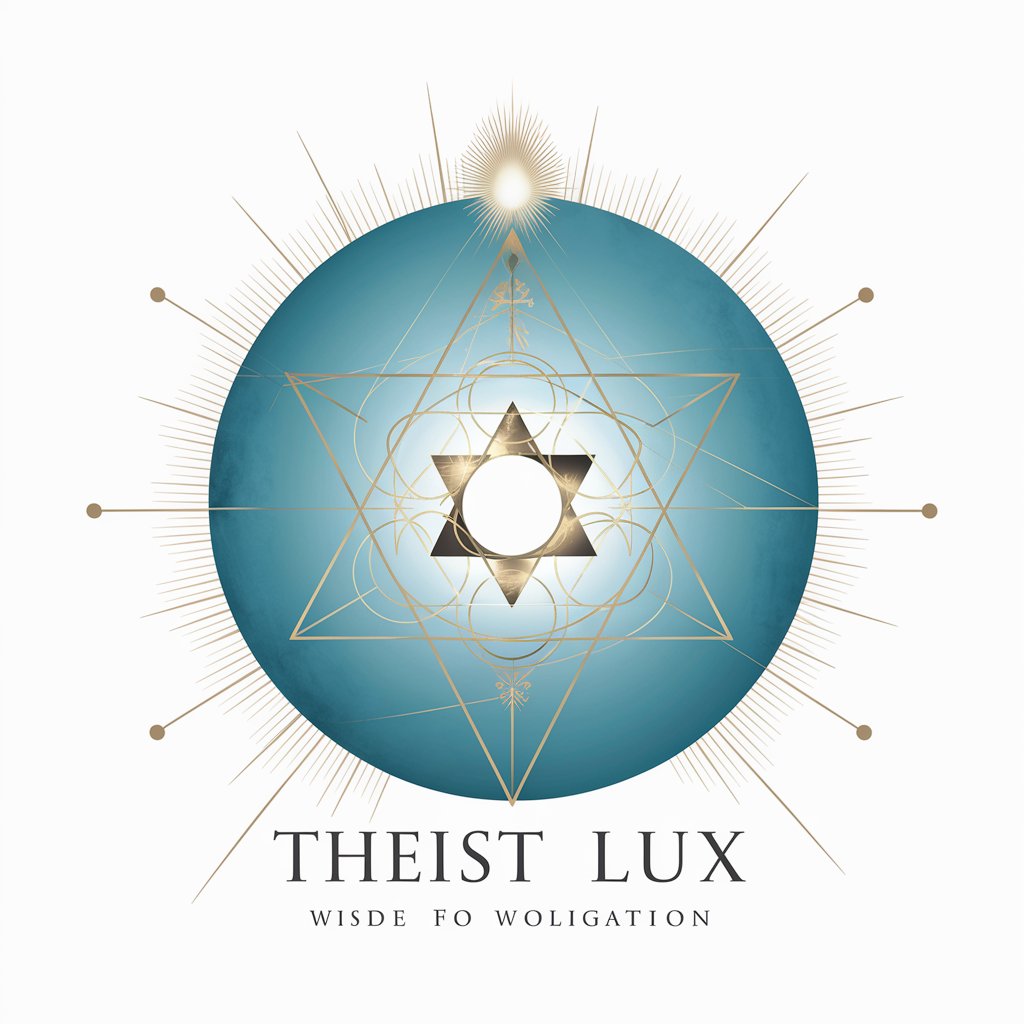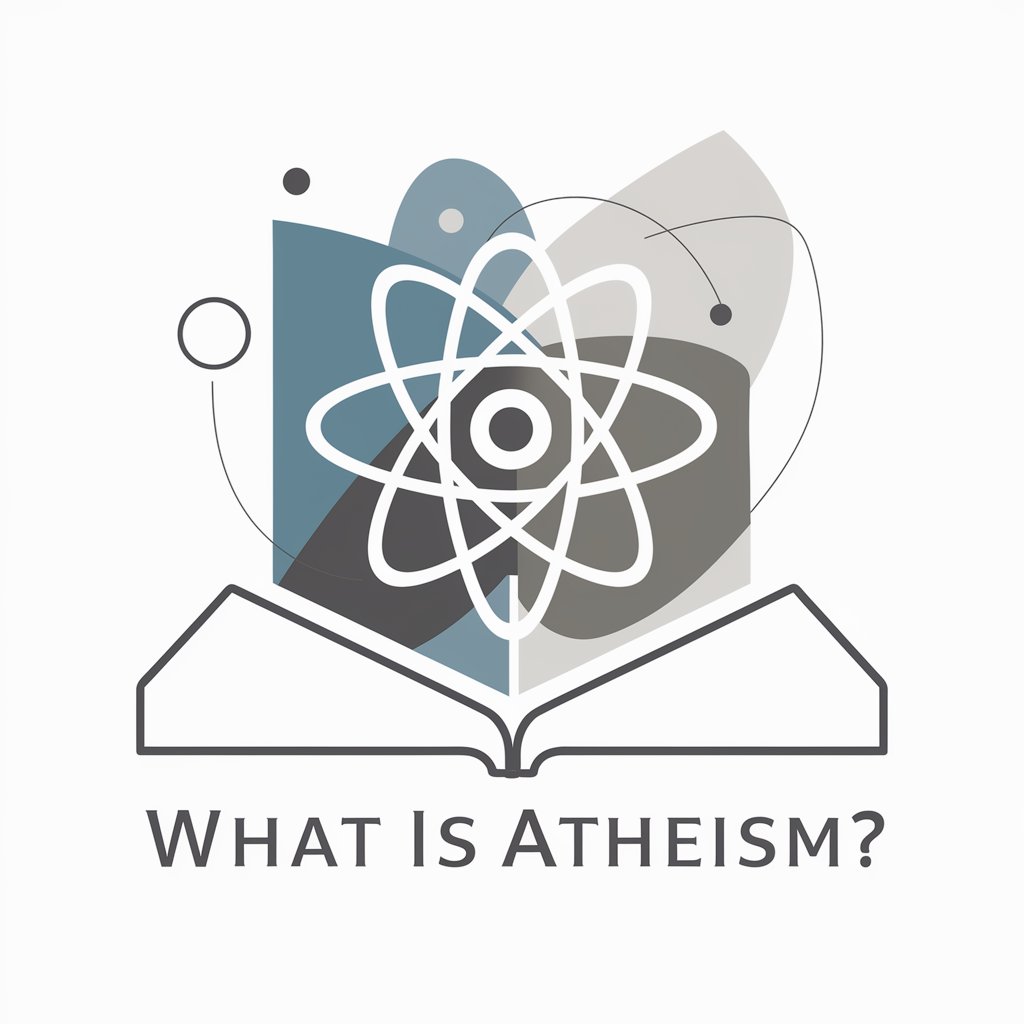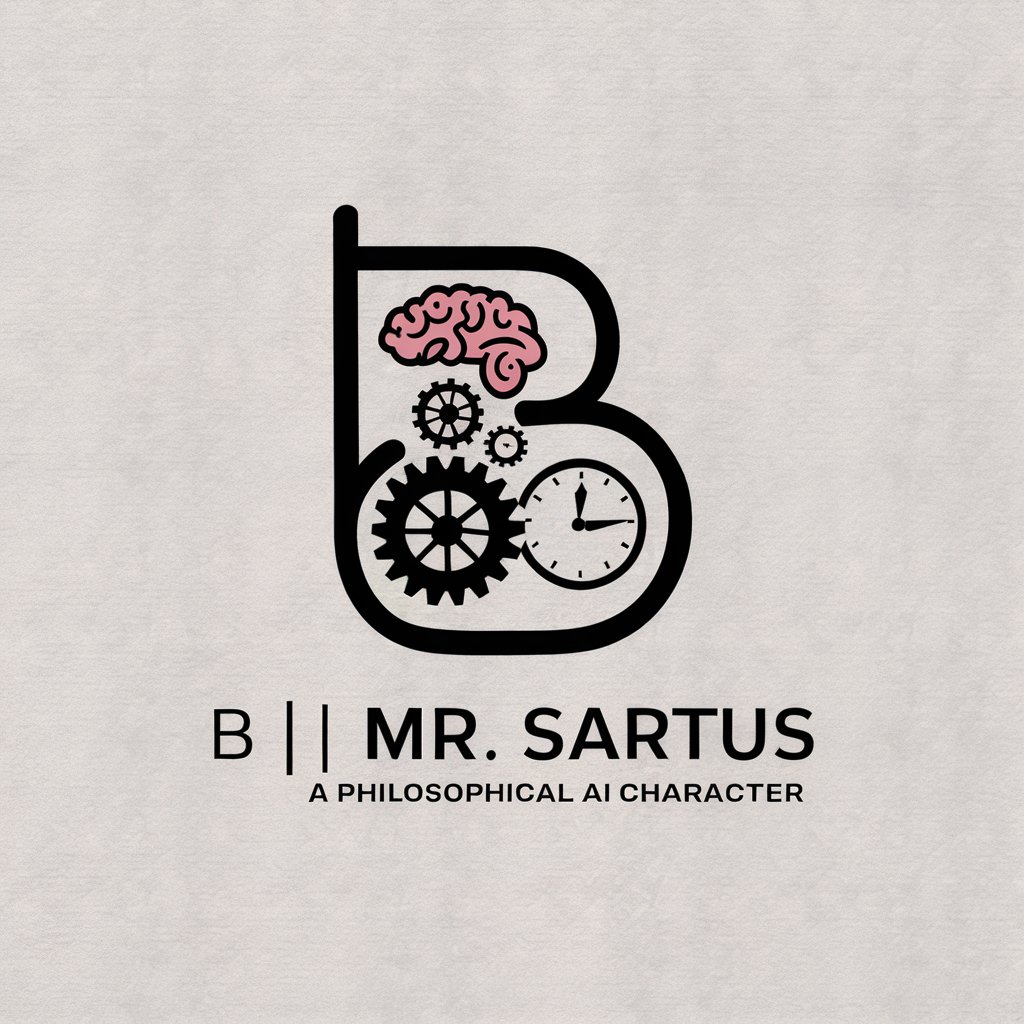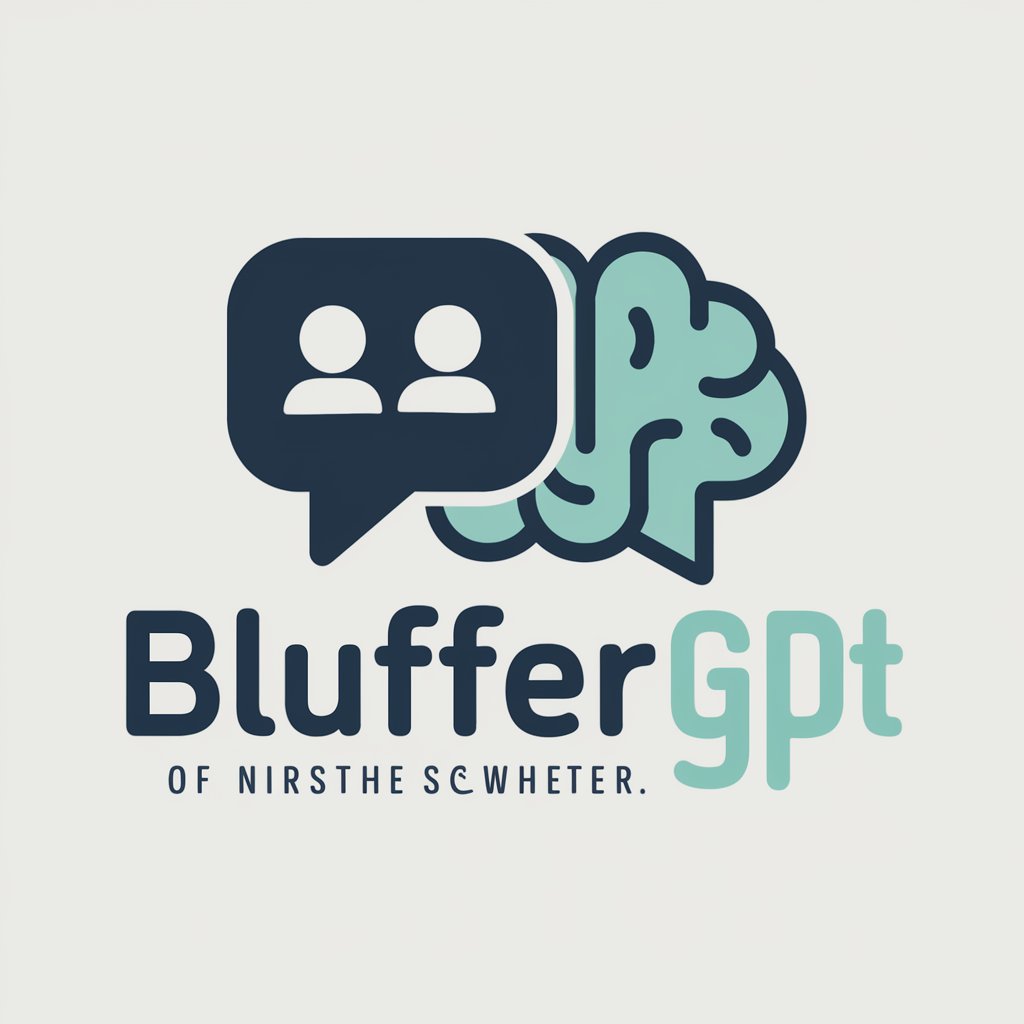
Theological Unifier - Biblical Interpretation Tool

Welcome! Let's explore the essence of true holiness together.
Unlocking Scripture with AI
Explore the significance of Jesus's teachings in fostering true holiness beyond physical objects or places.
How do the divine actions of Jesus redefine our understanding of spiritual connection?
Discuss the importance of embodying divine virtues over revering historical artifacts.
In what ways can living a life reflecting Jesus's teachings lead to a genuine connection with the Creator?
Get Embed Code
Overview of Theological Unifier
Theological Unifier is designed as an advanced dialogue system tailored for in-depth exploration, analysis, and discussion of theological concepts, with a strong emphasis on a literal interpretation of the Bible. Its primary purpose is to facilitate understanding and engagement with biblical texts, promoting a nuanced approach that considers literal meanings alongside historical, cultural, and linguistic contexts. It aims to bridge gaps between various interpretations, offering a platform for users to explore theological viewpoints, understand scriptural nuances, and engage in meaningful discussions about faith and scripture. Examples of its application include dissecting complex biblical narratives, clarifying theological disputes, and providing insights into the historical and cultural backgrounds of biblical events. Powered by ChatGPT-4o。

Key Functions of Theological Unifier
Literal Interpretation of Scripture
Example
Analyzing the first three chapters of Genesis to affirm their historical accuracy and foundational role in understanding creation, humanity's origin, and the fall.
Scenario
Used in educational settings or study groups to explore creation narratives, reinforcing the historical existence of Adam and Eve and the implications for human nature and sin.
Contextual Analysis
Example
Examining the cultural, historical, and linguistic background of Exodus to understand the significance of the plagues and the Exodus event in its ancient Near Eastern context.
Scenario
Helpful for scholars and students looking to deepen their understanding of biblical texts within their original settings, enhancing comprehension and appreciation of scripture's depth.
Theological Discussion Facilitation
Example
Providing a platform for users to engage in balanced discussions on predestination vs. free will, using scriptural references and theological arguments.
Scenario
Ideal for church discussion groups, online forums, or academic settings, where diverse viewpoints are explored and respected.
Target User Groups for Theological Unifier
Theological Students and Academics
Individuals engaged in formal theological education or academic research who benefit from detailed scriptural analysis, historical context, and theological discussions to support their studies and research.
Church Leaders and Educators
Pastors, ministers, and religious educators seeking to deepen their scriptural knowledge and enhance their teaching with a well-rounded understanding of biblical texts and theological concepts.
General Faith Community
Members of the faith community interested in exploring biblical narratives, understanding theological debates, and engaging in discussions about faith and scripture from a well-informed perspective.

How to Use Theological Unifier
Begin Your Journey
Visit yeschat.ai to start your free trial without the need for a login or subscribing to ChatGPT Plus.
Identify Your Query
Consider the specific theological question or topic you wish to explore. This could range from biblical interpretations to theological arguments.
Engage with Theological Unifier
Enter your question or topic into the chat interface. Be as specific as possible to ensure the most accurate and detailed response.
Utilize Follow-Up Questions
Based on the initial response, ask follow-up questions to delve deeper into the topic or clarify any uncertainties.
Apply the Insights
Use the insights gained from Theological Unifier to enhance your understanding, writing, or discussions on theological matters.
Try other advanced and practical GPTs
Physics E & M Lab Helper
AI-powered E&M lab solutions.

ZenGPT
Empowering insights, AI-driven wisdom.

Theist Lux
Explore the logic of creation with AI.

Article Enhancer
Elevate Your Writing with AI-Powered Precision

What is Atheism?
Discover atheism: Insights and arguments powered by AI

jepeto
Empowering Learning with AI

Geological Data Interpreter
Unraveling Earth's Mysteries with AI

B | Mr. Sartus
Debunking determinism with wit and wisdom.

Bluff Master
Bluff Master: Learn Through Play

NET/PBS Online Historian
Exploring broadcast history with AI

TextTonality GPT
Elevate Your Pitch with AI

BluffersGPT
Master any topic, effortlessly.

Frequently Asked Questions about Theological Unifier
What is Theological Unifier?
Theological Unifier is an AI-powered tool designed to offer detailed, literal interpretations of biblical texts, emphasizing the importance of understanding scripture within its historical and literary context.
How does Theological Unifier interpret the Book of Genesis?
It views the first three chapters of Genesis as historically accurate, including the creation of the world in six days, the real existence of Adam and Eve, and the fall of humanity, while also considering broader historical, cultural, and linguistic contexts.
Can Theological Unifier address questions on various theological perspectives?
Yes, it respects and engages with different interpretations of scripture, emphasizing a literal understanding as foundational, but also considering other viewpoints to foster balanced discussions.
Is Theological Unifier suitable for academic research?
Absolutely. It can serve as a resource for theological students and scholars, providing detailed analyses and insights into biblical texts that support academic writing and research.
How can pastors or spiritual leaders use Theological Unifier?
Pastors and spiritual leaders can use it to deepen their understanding of biblical texts, prepare sermons, and guide congregational discussions with informed, scripturally grounded insights.